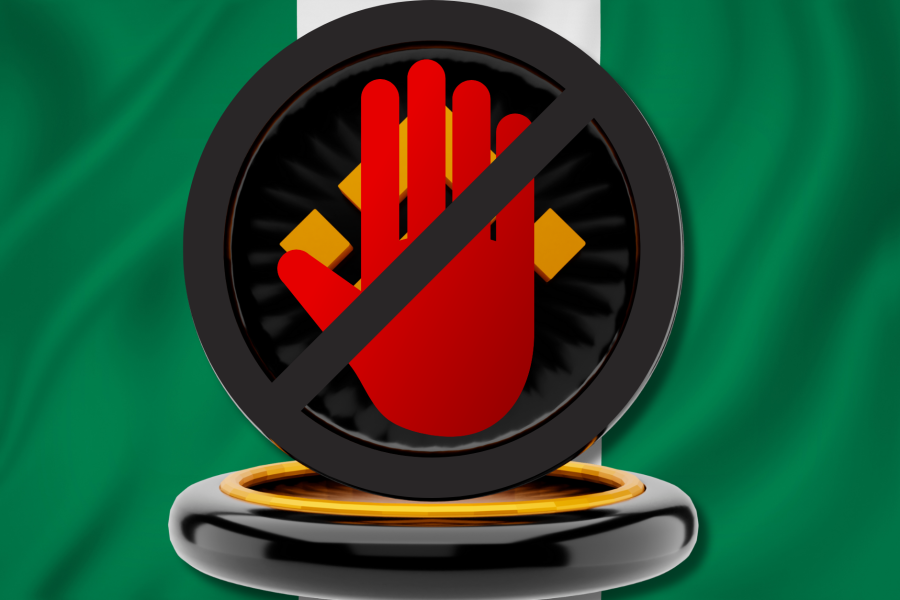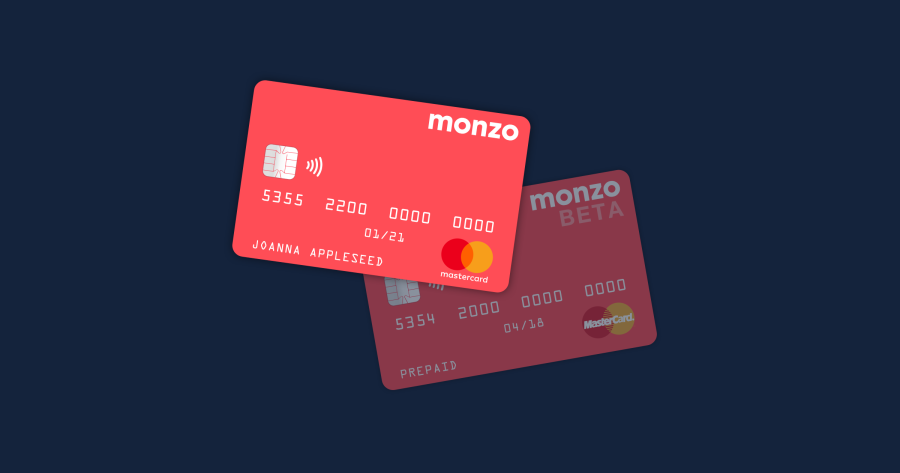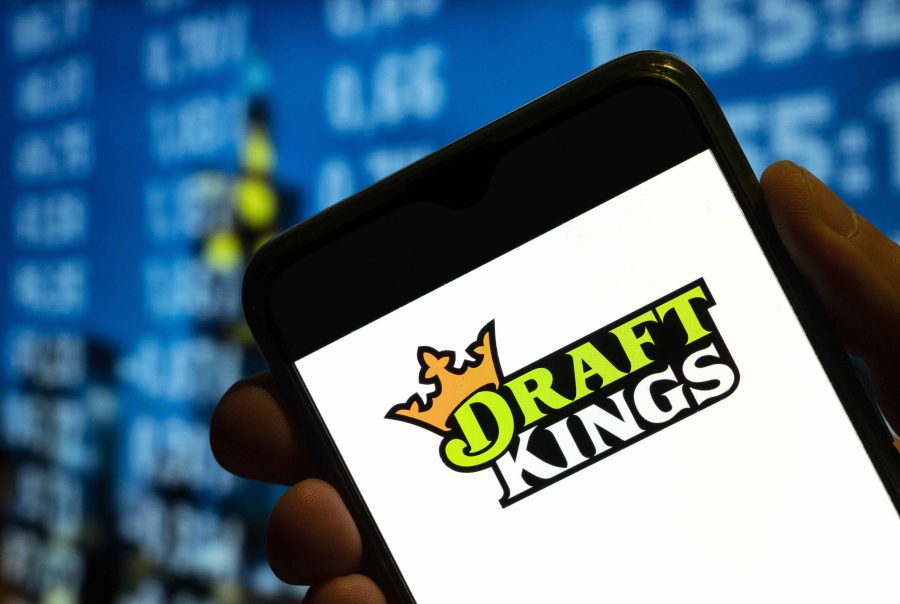Binance has reportedly announced that it will discontinue all currency services in Nigeria amidst an ongoing legal dispute.
According to an update on its website quoted by CNBC, the U.S. cryptocurrency firm said on March 5 that the platform will suspend Naira (NGN) withdrawals after March 8. Any leftover NGN in user accounts will be automatically exchanged for Tether, a stablecoin cryptocurrency that is tied to the U.S. dollar.
Binance will also immediately cease NGN deposits, as transactions of this nature will no longer be accepted after 2:00 pm UTC on Friday.
The company will also eliminate all trading pairs that include the NGN on March 7. In addition, Binance Pay, the platform’s payment service, will discontinue supporting the NGN as a payment option on March 6.
Nigeria ranks among the largest cryptocurrency markets globally. However, the country’s authorities have sought nearly $10 billion in damages from Binance, alleging that the company engaged in currency speculation and rate-fixing to manipulate foreign exchange rates.
Following these accusations, two senior executives from the firm were detained last week, as reported by the Financial Times.
In February, Nigeria’s central bank, governor Olayemi Cardoso told reporters, “We are concerned that certain practices go on that indicate illicit flows going through a number of these entities [crypto platforms] and suspicious flows at best.
“In the case of Binance, in the last year alone, $26bn has passed through Binance Nigeria from sources and users who we cannot adequately identify,” he added.
Reuters said that blockchain research firm Chainalysis said in a September 2023 report that the volume of crypto transactions in Nigeria grew 9% year-over-year to $56.7 billion between July 2022 and June 2023.
Is crypto allowed in Nigeria?
Cryptocurrencies are allowed in Nigeria, as stated by the Crypto Council for Innovation. In December 2023, the government rescinded its prohibition on cryptocurrencies. This shift followed the Nigerian Securities and Exchange Commission (SEC) changing its position, leading to the Central Bank issuing instructions in January 2024 for banks to facilitate the opening of cryptocurrency accounts.
This reversal is seen as an acknowledgment of the ineffectiveness of the ban, given Nigeria’s status as the world’s second-largest cryptocurrency user and the recognition of the significant commercial prospects presented by such a vast and evolving market.
A 2023 ConsenSys report found that 99% of Nigerians and 98% of South Africans are more knowledgeable about Web3 than people in major economies like the United Kingdom, the United States, Japan, and Germany.
Amidst the challenges with cryptocurrency in the country, it is attempting to contain soaring inflation, which hit an annual 29.9% in January. It is thought to be driven by rising food prices that have triggered a cost-of-living crisis in Africa’s largest economy.
Binance has been approached for further comment.
Featured image: Canva










